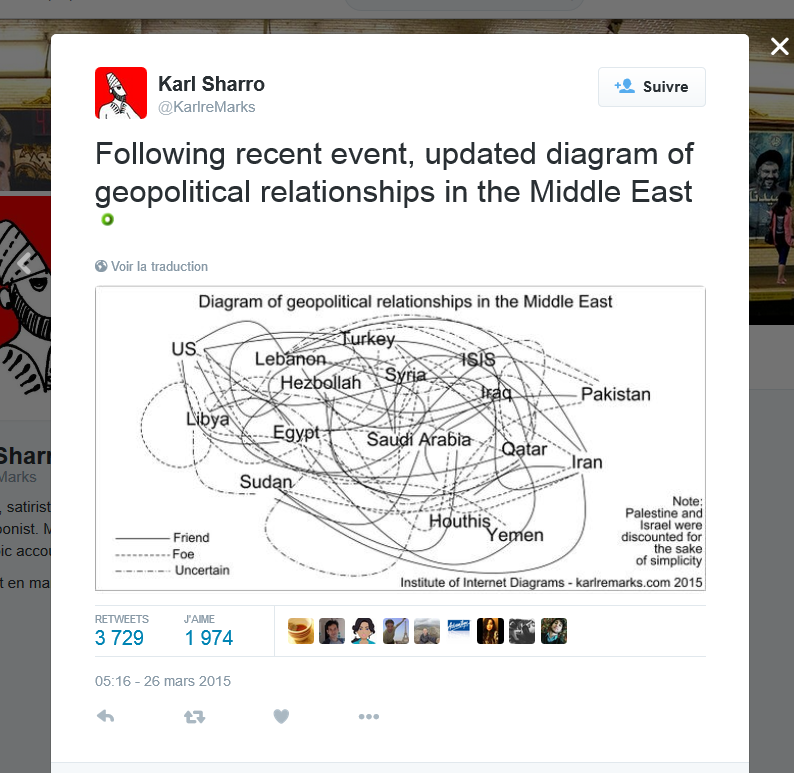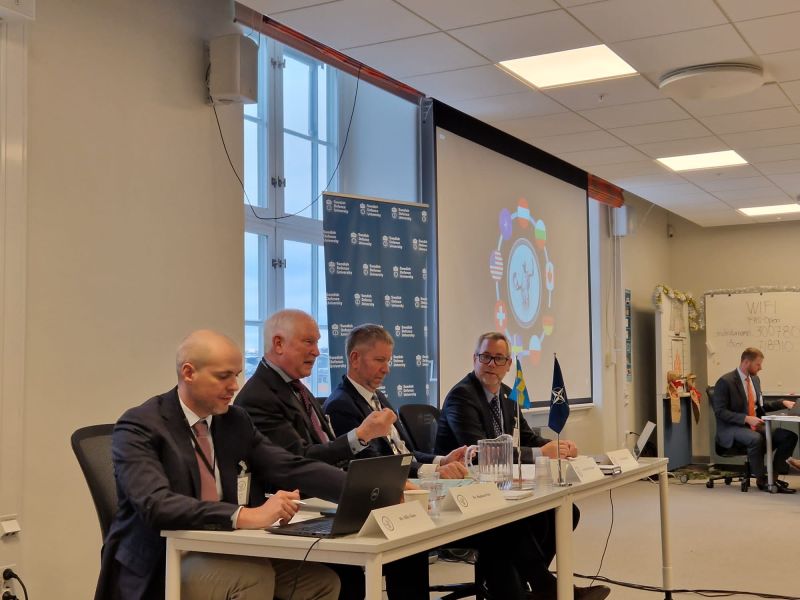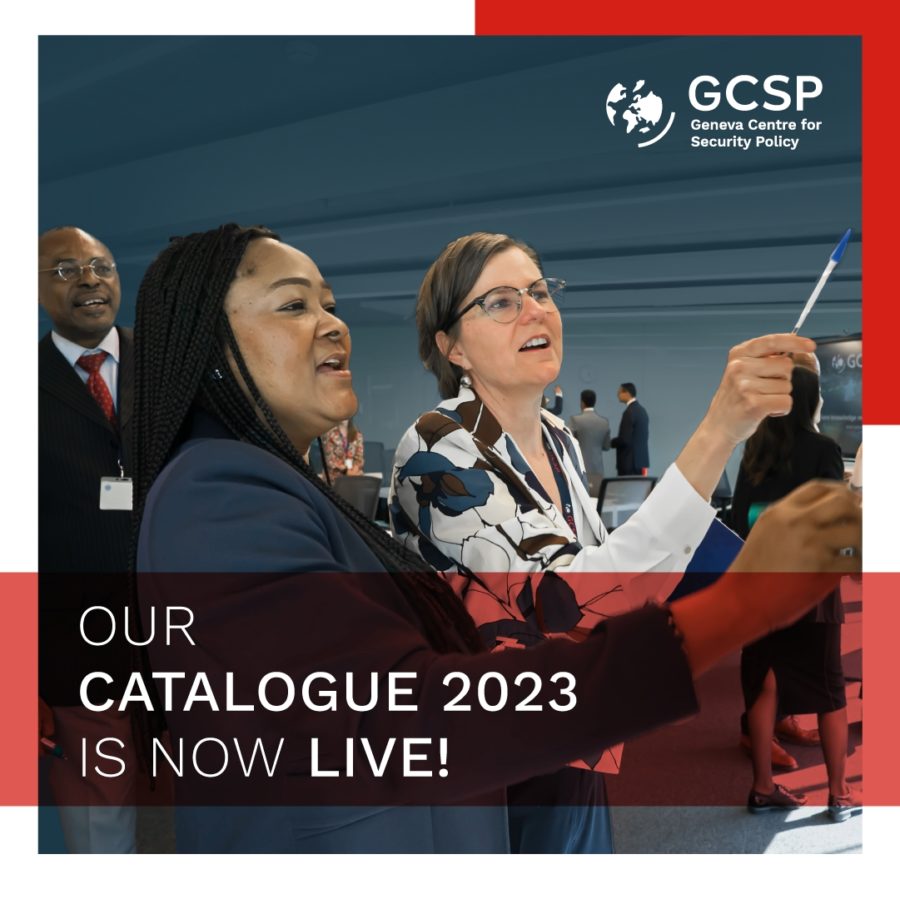Pierre Steiner aborde les questions classiques de la philosophie de l’esprit par un biais inattendu: celui de la technique. Une vision des choses appelée à avoir de profondes répercussions.
par Mark Hunyadi
Pierre Steiner est un philosophe belge établi en France, encore jeune (il est né en 1980), mais dont les travaux sont pourtant connus de longue date. Actuellement professeur à l’Université de technologie de Compiègne, il suit une voie très originale, qui permet de renouveler audacieusement des problèmes très classiques de philosophie de l’esprit, laquelle interroge (depuis Platon!) les rapports de l’esprit humain au monde. Qu’est-ce que penser? Comment l’esprit est-il lié aux objets qu’il perçoit du monde? Ce sont là de vieilles et nobles questions, mais que Pierre Steiner aborde par un biais inattendu: celui d’une philosophie de la technique.
Ainsi, l’un des lieux communs les plus répandus sur la technique (y compris parmi les philosophes) consiste à dire que celle-ci serait un ensemble d’outils ou de dispositifs servant à réaliser telle ou telle fin, fixée par l’être humain. Celui-ci aurait donc des buts, et la technique permettrait de les réaliser. Les buts seraient «dans la tête», et telle ou telle technique serait le moyen de les atteindre. Qu’y a-t-il donc à redire à cette vision de bon sens?
![[Note] – Traduction du terme « Gewehrgriff » [Note] – Traduction du terme « Gewehrgriff »](https://christianbuehlmann.com/wp-content/uploads/2023/04/OMAS_Filarmonica_Notenfeder-900x577.jpg)
![[RAMAGE] – Website for education [RAMAGE] – Website for education](https://christianbuehlmann.com/wp-content/uploads/2023/04/out-2023-04-16-900x675.png)



![[RAMAGE: Zenpundit.com] Karl Sharro’s two modes of “simply” explaining the Middle East [RAMAGE: Zenpundit.com] Karl Sharro’s two modes of “simply” explaining the Middle East](https://christianbuehlmann.com/wp-content/uploads/2015/12/bf57a306d73d535c8ca073929ee09010-1a0.jpg)








